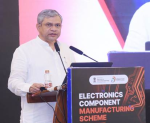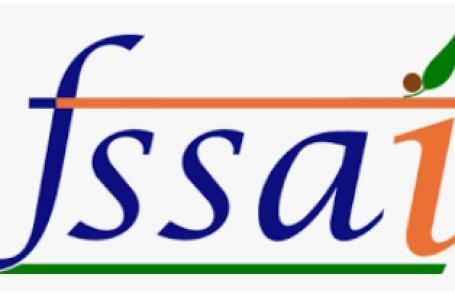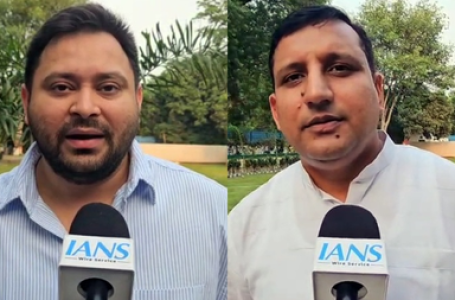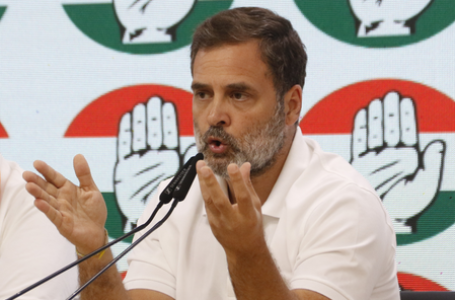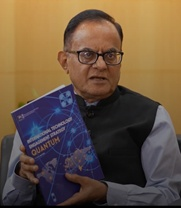
New Delhi: The Office of the Principal Scientific Adviser (PSA) to the Government of India on Monday released the first edition of International Technology Engagement Strategy for Quantum, marking a significant step toward articulating India’s outward-facing strategy in Quantum Science, Technology and Innovation (QSTI), with the intent to accelerate discovery, foster innovation, and catalyse adoption across critical sectors.
The report was officially unveiled by PSA Prof. Ajay Kumar Sood on the occasion of World Quantum Day 2025, celebrated every year on April 14. This report comes with a special significance because 2025 is the International Year of Quantum Science and Technology (IYQST) designated by the United Nations and member states.
The strategy report provides a foundational landscape analysis to enable domestic and foreign stakeholders in government, academia, and industry to formulate context-specific action points aligned with their engagement goals complementing the ambitions of India’s National Quantum Mission (NQM) and other ongoing efforts by various agencies and stakeholders in the ecosystem, according to the official statement.
Talking about the importance of Quantum Tech, Sood highlighted it as an area where no country wants to be left behind because it is important for strategic autonomy, and there cannot be strategic autonomy without being quantum safe.
Further speaking about gaps and potential in the sector for India, he stated, “India has to invest in Quantum hardware, we have to reduce our dependencies on imports, and advancements in all areas of quantum computing can help with that. We need to bring much more funds for startups and de-risk the investment, which means we need to create markets for the products. And this is where all the players, be it government, private sectors, academia, or startups, play a role to create this ecosystem,” he added.
“We need to be an active player in defining the global standards for Quantum Tech. This is a gap we need to fill. Because once we have that, we will also play a role in standardisation efforts, and that is what leads to strategic autonomy. We have to do that very proactively and ensure that we have these global standards because our market is not only the Indian market but global,“ he added.
While talking about NQM, Sood mentioned that the mission being rolled out by the Department of Science and Technology (DST) looks at the complete life cycle of this frontier technology — the R&D needed, what does it take to translate that R&D to technology and how to make a product from that for the market scale up.
He also explained the key features of the hub-and-spoke model that is being implemented by NQM at the national scale involving 152 researchers from 43 institutions across 17 states and two unin territories.
This inaugural edition of ITES-Q provides a comprehensive overview of both global and national quantum ecosystems, covering analysis of investments, talent development, institutional strengths, research publications, intellectual property, startups, supply chains, and industrial activity. The ITES-Q is thought out to facilitate impactful partnerships and particularly add value to the efforts of Indian missions abroad in strengthening bilateral and multilateral engagements for QSTI.
IANS




